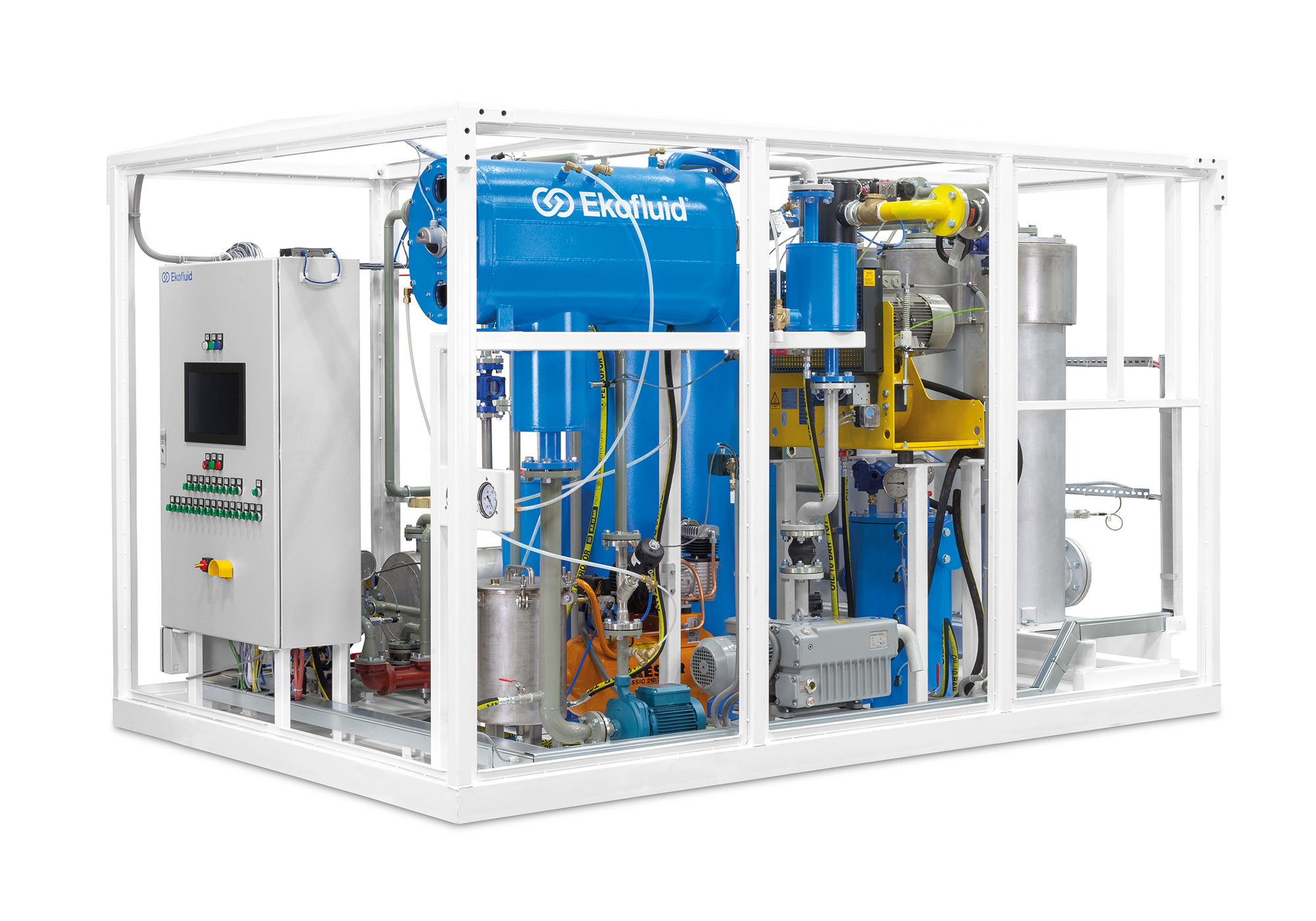Why Transformer Oil Regeneration Is Vital for Efficiency
Wiki Article
Why Regenerated Transformer Oil Is Important for Reliable Power Solutions
The important function of regenerated transformer oil in making sure the reliability of power systems can not be overstated. By restoring the oil's intrinsic chemical and physical homes, the regeneration process dramatically enhances its dielectric toughness and thermal performance.Value of Transformer Oil
Transformer oil plays a crucial role in the effective operation of electric transformers. By providing thermal conductivity, transformer oil dissipates warm generated during electric procedure, which is important for maintaining ideal operating temperatures and extending the life expectancy of the tools.Furthermore, transformer oil functions as an obstacle against moisture and air, which can lead to oxidation and deterioration of transformer materials. The visibility of pollutants in the oil can significantly hinder its protecting homes, causing operational ineffectiveness and potential equipment failure. Normal surveillance and upkeep of transformer oil are consequently critical to ensuring the continued efficiency of transformers.
The quality and composition of transformer oil are critical, as they directly affect the integrity and efficiency of the electric systems in which they operate. Understanding the relevance of transformer oil is essential for energies and industries reliant on durable power framework, emphasizing the demand for efficient management and regrowth procedures to maintain oil stability in time.
Advantages of Regrowth Refine

Additionally, the regeneration procedure minimizes the deterioration of oil, which can result in boosted oxidation and acid formation. This not only improves the dependability of the oil but likewise reduces the danger of transformer failures because of insulation breakdown. The enhanced top quality of restored oil enables transformers to operate at optimal degrees, ultimately resulting in enhanced power performance and minimized operational expenses.
Additionally, the regrowth process adds to maintaining the general wellness of the power system. Transformers can run much longer without the demand for oil substitute, therefore minimizing downtime and upkeep efforts. In summary, the regeneration process supplies significant benefits by boosting the durability and efficiency of transformer oil, ensuring that power systems operate accurately and effectively gradually.
Environmental Influence and Sustainability
The regeneration procedure of transformer oil dramatically reduces ecological issues related to oil disposal and waste monitoring. Typical disposal approaches for used transformer oil pose considerable threats, consisting of soil contamination and water air pollution. By regenerating oil, these risks are significantly reduced, as the procedure reuses existing sources as opposed to adding to waste buildup.Additionally, regenerated transformer oil can be reused in numerous applications, which advertises a round economic situation. This not just minimizes the requirement for virgin oil removal-- a process that can be ecologically harmful-- but likewise saves natural deposits. The regrowth process itself uses innovative purification and filtration techniques that get rid of harmful contaminants, guaranteeing that the last item fulfills or exceeds market requirements for efficiency and security.

Enhancing Transformer Efficiency
Substantial enhancements in transformer efficiency can be accomplished through using regenerated transformer oil. This oil, produced with innovative purification processes, significantly improves the electrical insulation residential or commercial properties of transformers. By removing contaminations and pollutants that commonly compromise performance, restored oil makes sure exceptional dielectric toughness, lowering the danger of electric failings.In addition, regenerated transformer oil exhibits enhanced thermal conductivity, which assists in efficient heat dissipation. This particular is crucial for preserving ideal operating temperature levels, thereby extending the life expectancy of transformers and decreasing the likelihood of getting too hot - Regenerated Transformer Oil. Enhanced thermal monitoring additionally contributes to the general dependability of power systems
Additionally, the chemical security of regrowed oil protects against the development of harsh acids and sludge, which can detrimentally impact transformer parts. By maintaining a cleaner internal environment, this oil minimizes upkeep needs and extends service periods.
Cost-Effectiveness and Efficiency
In regards to cost-effectiveness and performance, regenerated transformer oil presents an engaging alternative to standard oils. The regeneration process not just eliminates pollutants but also restores the oil's initial homes, expanding its useful lifespan. This longevity translates into decreased frequency of oil substitute, thus decreasing operational prices over time.
Moreover, the usage of regenerated oil can significantly reduce power losses related to inefficient protecting liquids. Its superior dielectric homes make certain optimum efficiency, enhancing the dependability of power systems. Because of this, companies profit from lower upkeep costs and decreased downtime, fostering a more reliable operational environment.

Final Thought
To conclude, the regrowth of transformer oil plays a vital duty in making sure the integrity and efficiency of power systems. By bring back the necessary chemical and physical buildings of the oil, this procedure enhances dielectric toughness and thermal conductivity, eventually reducing the risk of insulation breakdown. Furthermore, the environmental benefits connected with reusing resources add to sustainability initiatives, while cost-effectiveness and improved performance underscore the requirement of utilizing regenerated transformer oil in modern electric facilities.Transformer oil plays a crucial function in the efficient operation of electrical transformers. Regular monitoring and upkeep of transformer oil are for that reason vital to guaranteeing the continued performance of transformers.
The regeneration process of transformer oil significantly alleviates ecological problems connected with oil disposal and waste administration. By prolonging the lifecycle of transformer oil, the energy and resources usually consumed in generating brand-new oil are considerably lowered.Significant renovations in transformer performance can be accomplished through the usage of regenerated transformer oil.
Report this wiki page